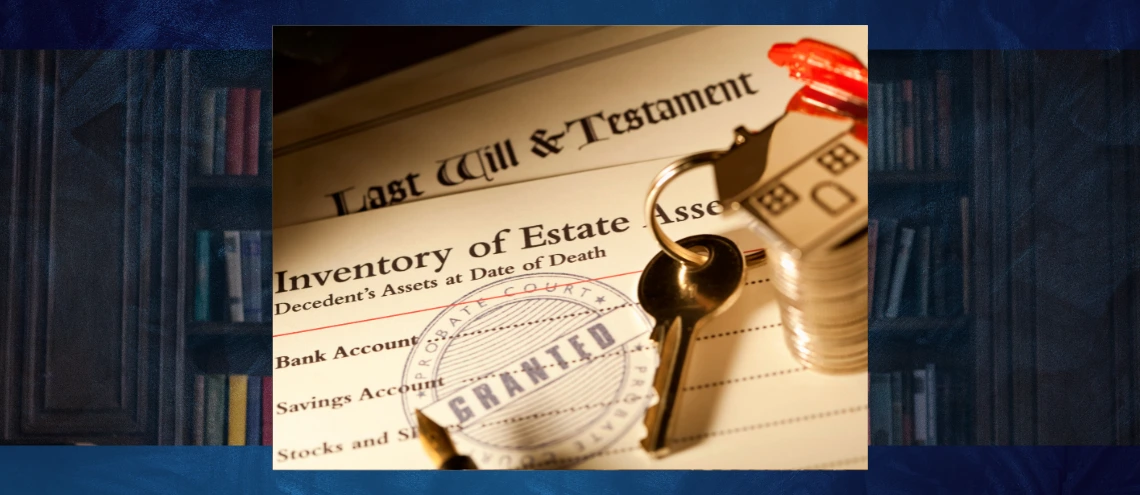
In this short video, probate attorney Sydney Key teams up with Abilene Realtor Miranda Simon to explain probate in Texas and how it affects real estate property.
In this brief short learn:
- What probate is.
- Why it’s necessary.
- How it affects the distribution of a loved one’s assets after they have passed.
🔑 Understand the probate process.
💼 Legal insights you can trust.
Probate in Texas is administrated primarily under the Texas Estates Code.
Watch to learn more!
For professional legal assistance with probate, wills and estate planning, contact ua today to schedule a review with attorney Sydney Key and get the experienced guidance you deserve.
Probate is the legal process of distributing a person’s assets and settling their debts after they pass away. It ensures that property is transferred to the rightful heirs or beneficiaries, whether through the instructions of a will or, if there’s no will, according to Texas law.
The Basics
If a will exists, the probate process validates it in court, appoints an executor, and initiates the distribution of assets.
If there is no will, the estate must still go through probate to determine heirs and handle the property in alignment with state intestate laws.
Texas offers various levels of probate, depending on the complexity of the estate. Larger estates often require a more formal process called estate administration, where a court appoints an administrator or executor to manage the assets, pay debts, and distribute the remaining estate.
For smaller estates, less formal and quicker methods are available in certain cases.
Why Probate Matters
Probate is crucial for addressing several responsibilities, including:
- Transferring property or titles to rightful heirs.
- Paying outstanding debts and taxes.
- Resolving disputes over the estate.
Additionally, not all property needs to go through the process. Some assets, such as those held in joint accounts or life insurance with named beneficiaries, may pass directly to heirs without court intervention.
The Importance of Legal Guidance
Navigating Texas laws can be complex, and each estate can require a unique approach. Consulting with an attorney is essential, particularly if the estate involves significant assets, debts, or disputes.
For formal estate administration, Texas law even requires that an executor or administrator work with a lawyer since they represent not only themselves but also the beneficiaries and creditors of the estate.


